[ad_1]
Tularemia is a illness that impacts of us and utterly completely different animals. It’s attributable to an an an infection with the bacterium Francisella tularensis and is usually unfold by biting bugs or by direct contact with an contaminated animal.
Human an an an infection is much a lot much less widespread than an an an infection in small animals like rabbits and rodents. However it is essential human instances are recognised and acknowledged rapidly on account of with out acceptable treatment the illness may probably be life-threatening.
Our workforce has lately confirmed its presence in Australia in samples taken from ringtail possums who died in two outbreaks in early 2000.
Whereas that is clearly a newly acknowledged danger to public properly being, it’s important to recognise how uncommon the illness is and the easiest way accurately the an an an infection responds to treatment.
How is it transmitted to of us?
Tularemia is a “zoonotic illness”, an animal illness that might be transmitted to of us. The most common methodology any individual is liable to be contaminated is by being straight uncovered to an contaminated animal by way of a bit or scratch, and even dealing with contaminated tissue, like when hunters pores and pores and pores and skin animals.
Additional discovering out: First Hendra, now bat lyssavirus, so what are zoonotic sicknesses?
Human infections could even happen in a roundabout manner from an animal by way of a biting insect vector, like ticks or deer flies. So, a fly may feed on an contaminated animal then furthermore chunk a human, transferring the bacterium via its mouth parts.
People could even catch the illness from animals by coming into contact with environmental sources paying homage to water or soil which have been contaminated by an contaminated carcass. The micro organism may then infect of us by way of the attention, or an open wound, and even when digested from contaminated meals.
How uncommon is tularemia in of us?
Luckily, human instances of tularemia are comparatively uncommon and seem to be restricted to the Northern Hemisphere. Nonetheless, even all through the US, the place the illness is accurately described, human instances not often exceed 100-200 a 12 months.
Australia has extended been thought-about tularemia-free. So, it was beautiful when, in 2011, two human instances had been reported in Tasmania after publicity to ringtail possums.
Whereas diagnostic exams on the victims’ samples urged an an an an infection with the bacterium, no samples had been obtained from the offending possums to corroborate the bizarre an an an infection.
Additional importantly, researchers couldn’t develop and isolate the micro organism from any of the victims’ samples. Observe-up surveys of native animals all through the home didn’t detect the organism. So, the story of tularemia in Australia had, till lately, remained considerably of a thriller.
How can I shield myself?
Whereas our have a look at has confirmed the presence of tularemia in Australia and acknowledged ringtail possums as a reservoir for the illness, no-one is aware of if it’s current in quite a few wildlife alongside the east coast.
Additional discovering out: Bites and parasites: vector-borne sicknesses and the bugs spreading them
So, to minimise the probabilities of an an an infection, take care when dealing with sick, distressed or ineffective animals. Equally, when travelling in an home with ticks or utterly completely different biting bugs, positioned on defending clothes and repellents.
How do I do know if I’m contaminated?
In of us, tularaemia indicators can range nonetheless usually rely on how any individual was uncovered.
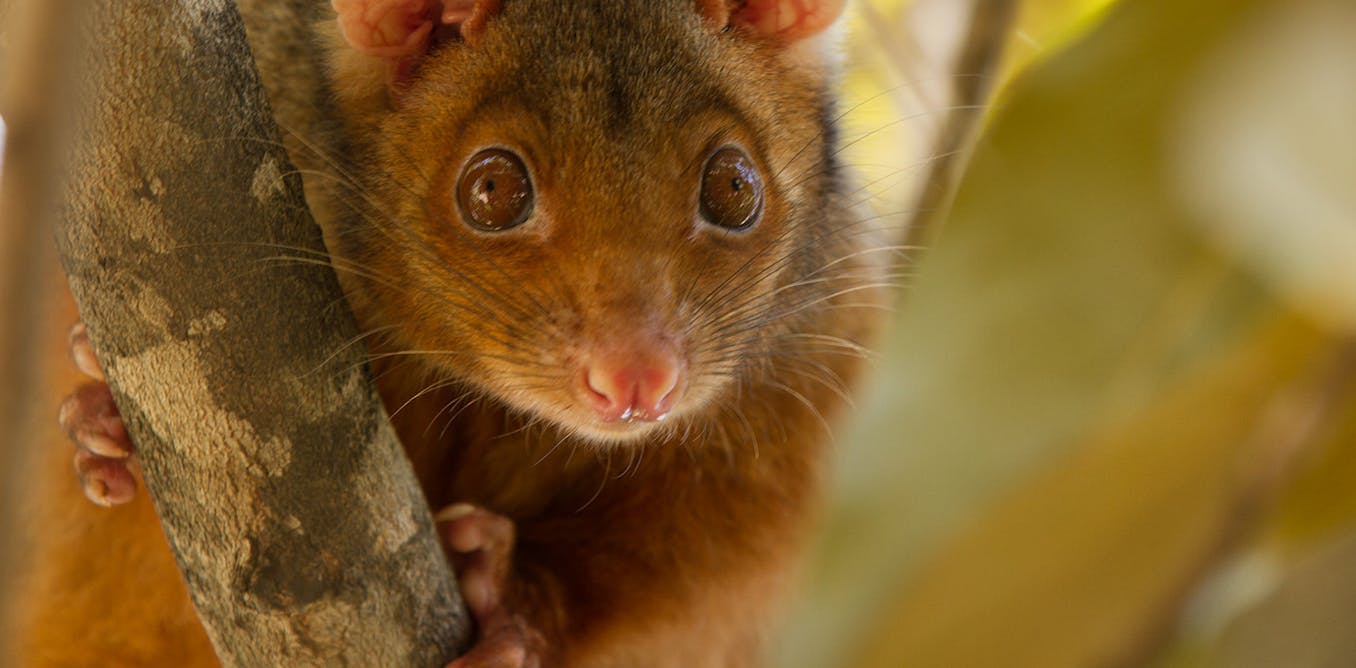
CDC Public Correctly being Picture Library/Wikimedia
The most common form of illness in of us is named ulceroglandular tularemia, which develops after an contaminated animal or insect bites or wounds you. Because of the title suggests, you develop a sudden fever, an ulcer varieties on the internet web site of an an an infection, and the lymph glands close to the wound swell.
One completely different and maybe further important form of the illness is pneumonic tularemia. This would possibly happen if you breathe in micro organism from contaminated mud or aerosols, and your lungs flip into contaminated. Indicators embrace cough, chest ache and draw back respiration, and will probably be troublesome to care for.
Sure, it could be handled
Whereas an an an infection can probably set off extreme illness and should kill, properly timed treatment with often obtainable antibiotics should clear the an an an infection. Nonetheless, it is essential the illness is appropriately acknowledged as the easiest antibiotics (paying homage to streptomycin) are sometimes totally utterly completely different to these used to care for utterly completely different bacterial pores and pores and pores and skin or wound infections.
There have been no reported instances of people infecting utterly completely different of us. Whereas being uncovered to any individual contaminated with tularemia may pose some danger, the rarity of the instances and the effectiveness of antibiotic therapies to deal with the an an an infection minimise this.
Searching for to the long run
What our have a look at highlights greater than one factor is the necessity to take a look at wildlife illness to know potential dangers to the ambiance and our personal properly being.
So, we plan to conduct additional surveys of animal and tick-borne sicknesses to seek out undiscovered pathogens that may affect public properly being or impact our native animal populations.
We’re furthermore making use of the same expertise used to substantiate the presence of tularemia in Australian wildlife for the primary time to evaluation utterly completely different chilly instances of the animal illness world – uncared for and undiagnosed animal sicknesses.
We do that utilizing a sturdy approach generally known as “RNA-Seq”, quick for RNA sequencing, to analyse samples. With RNA-Seq, there’s no ought to know what sicknesses is liable to be current; researchers sequence all the genetic provides all through the pattern, whether or not or not or not it has come from a bunch paying homage to a human or animal, or from an infecting organism paying homage to a virus, micro organism, or parasite.
This “metagenome” knowledge is then pieced collectively and in contrast with databases containing genome knowledge from beforehand sequenced pathogens.
By these evaluation, we hope to disclose the total variety of pathogens current in our native wildlife, and notably, people who sit on the human-animal interface, a fault line that allows microbes to movement into from one host to a novel. Most novel rising sicknesses are spill-overs from zoonotic sources, so this analysis is important for human properly being.
[ad_2]
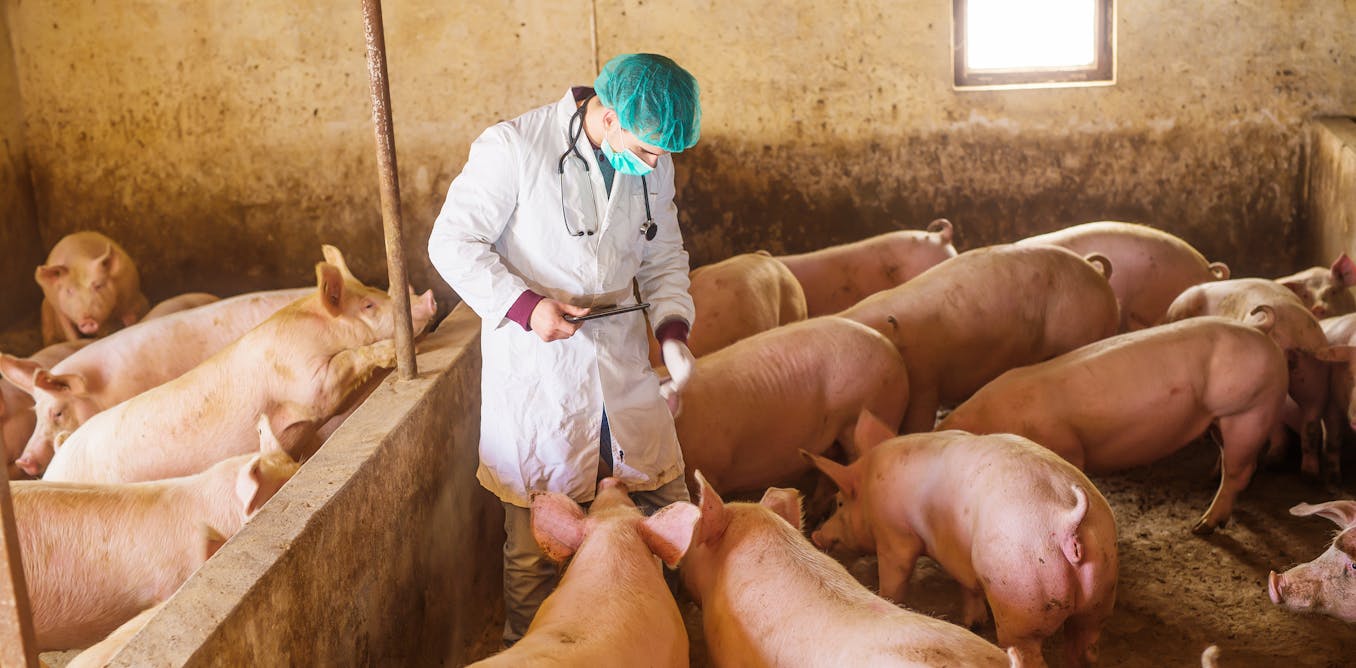
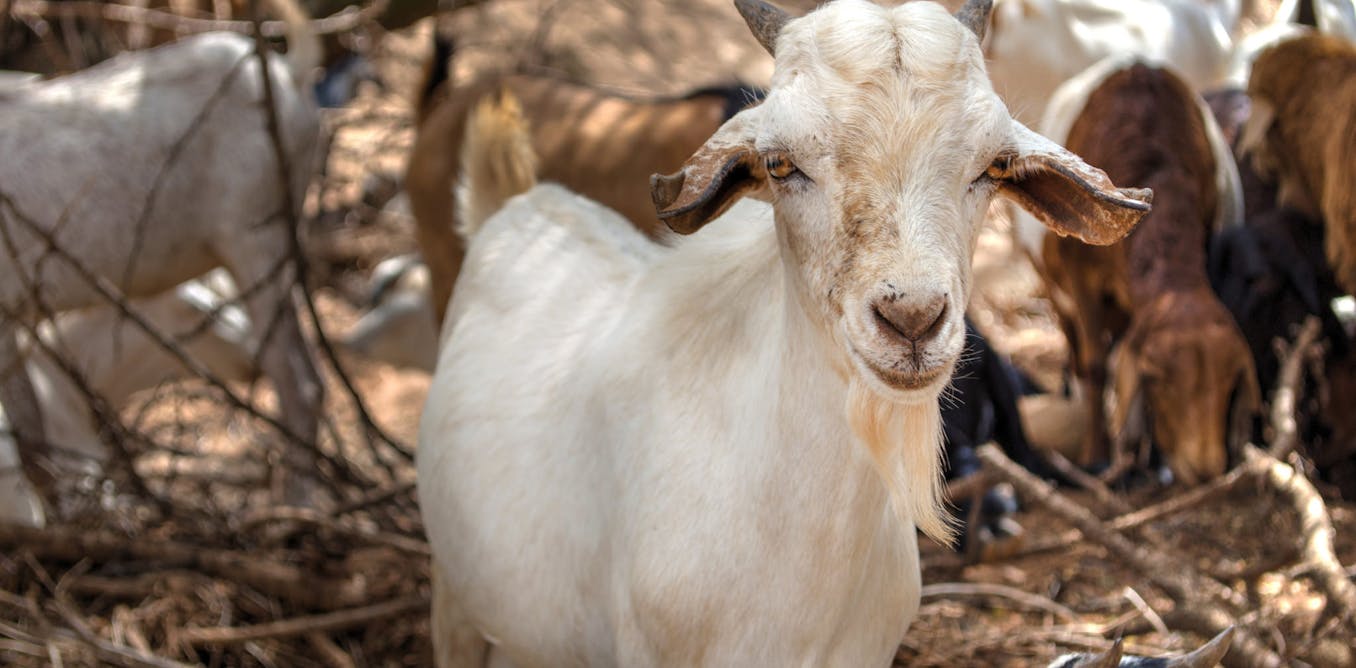
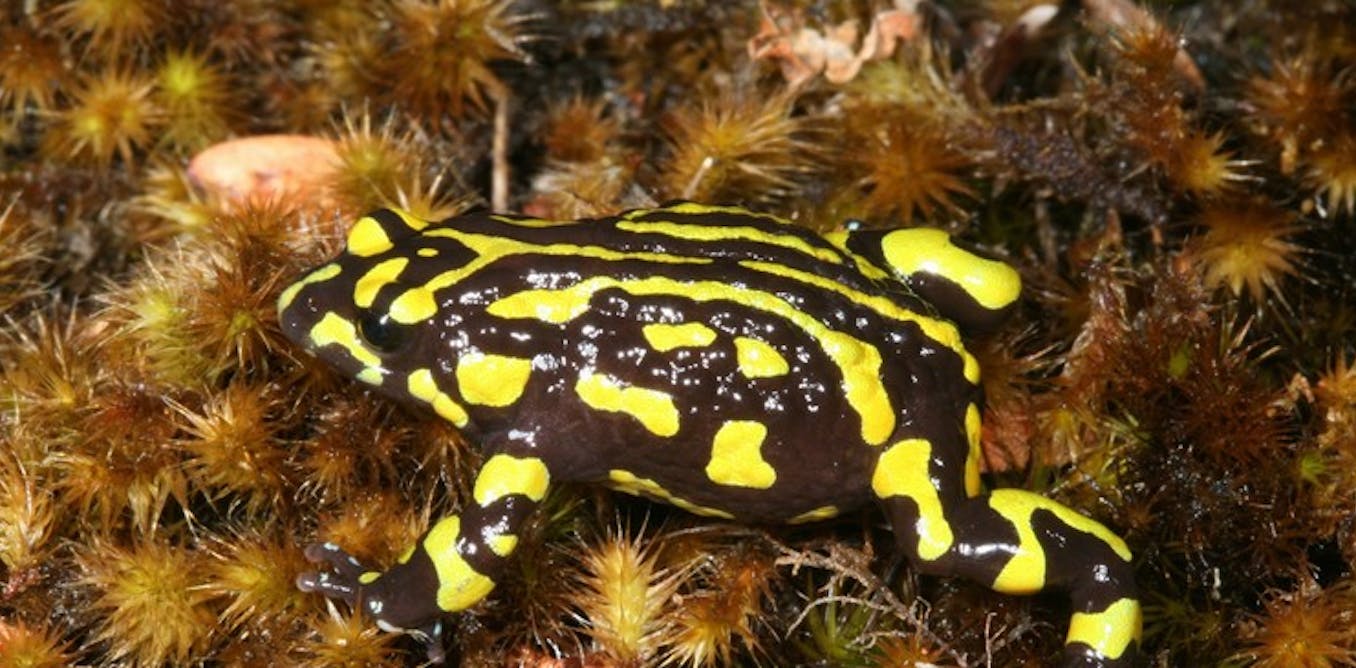
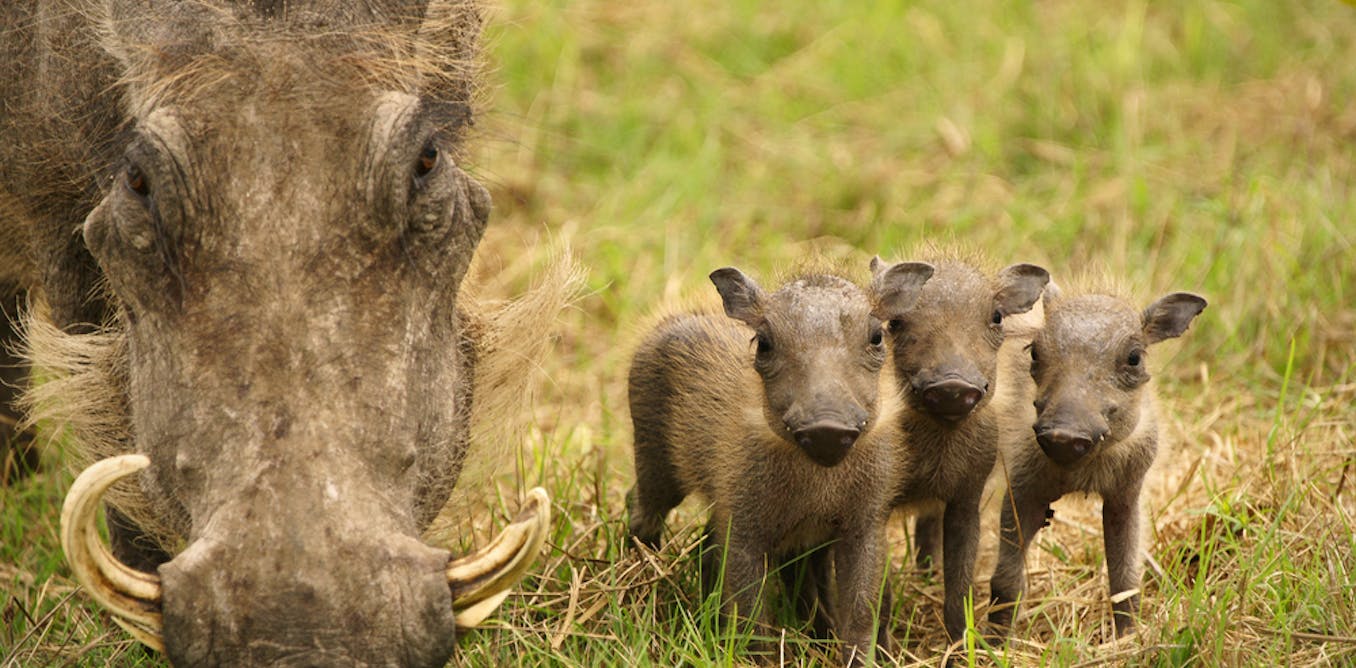
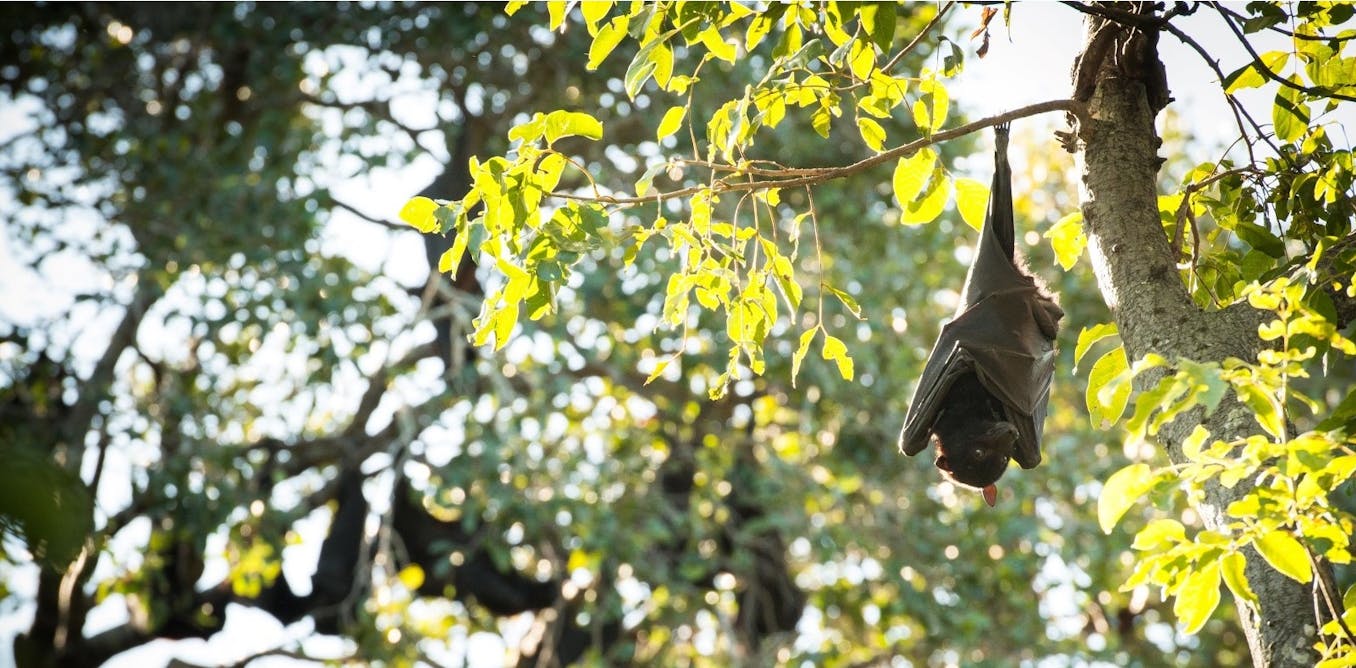

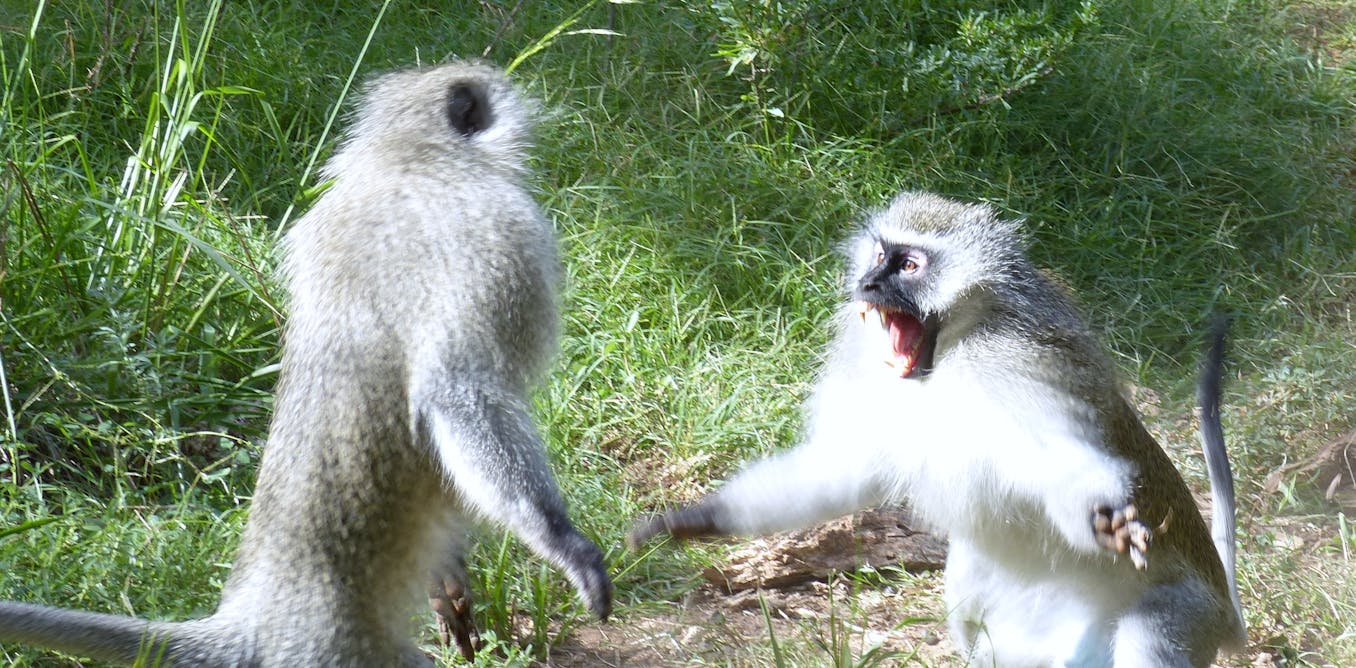
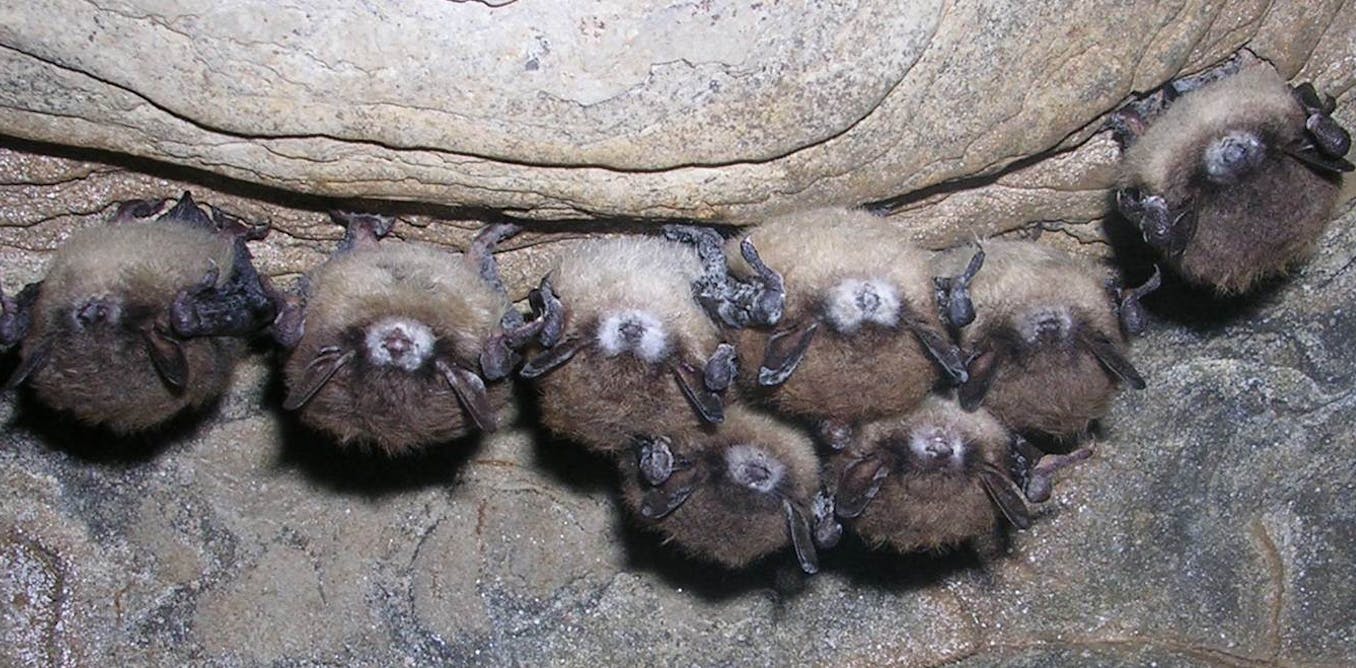





Leave a Reply